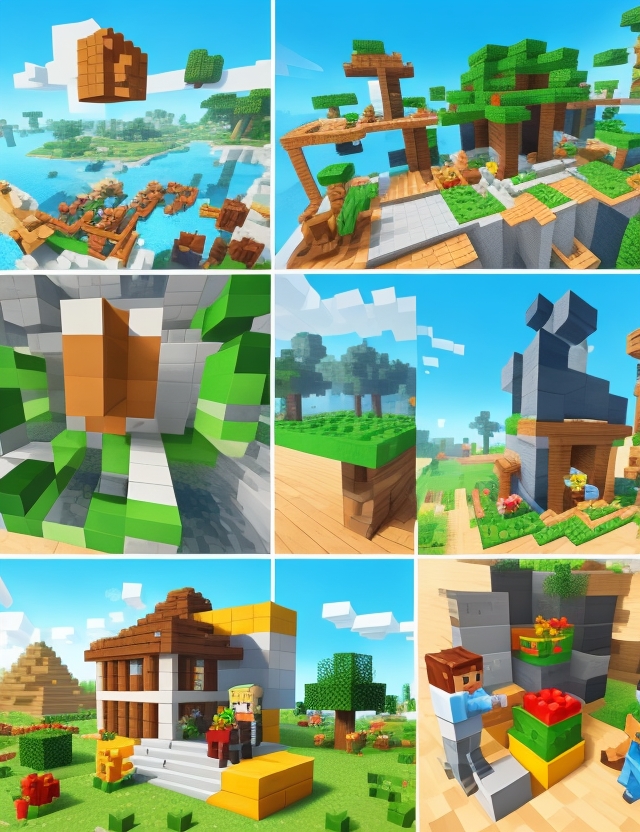Keeping children entertained while they learn can be a challenge. Luckily, a whole world of educational games exists, transforming playtime into productive skill-building sessions. This review explores some of the best options, categorized by age and learning focus.
Early Learners (Ages 3-5):
- ABCya! (https://www.abcya.com/): This website offers a treasure trove of free games that playfully introduce letters, numbers, shapes, and colors. With engaging graphics and simple mechanics, it’s a perfect starting point for young minds.
- PBS Kids Games (https://pbskids.org/games): Beloved characters like Elmo and Curious George come alive in these educational games. Children can practice counting, matching, and problem-solving alongside their favorite PBS pals.
Elementary Explorers (Ages 6-8):
- Prodigy Math: This award-winning game cleverly disguises math practice as an exciting monster-battling adventure. Kids solve problems to level up their characters, making math a rewarding experience.
- Turtle Diary: This comprehensive website boasts a vast library of interactive activities covering various subjects like reading, science, and social studies. With adjustable difficulty levels, it caters to a range of learning paces.
Beyond the Basics (Ages 9 and Up):
- Minecraft: This popular sandbox game lets children unleash their creativity while fostering problem-solving skills. Building elaborate structures requires planning, resource management, and a dash of engineering knowledge.
- Educational Apps: Platforms like Khan Academy and Duolingo offer gamified learning experiences in various subjects and languages. These apps provide a structured approach to learning, with bite-sized challenges and rewarding progression systems.
Choosing the Right Game:
The key to successful learning through games is finding the right fit for your child’s age, interests, and learning style. Consider these factors:
- Age: Games should be challenging enough to be engaging but not so difficult that they cause frustration.
- Interests: Look for games that incorporate your child’s favorite themes or characters.
- Learning Focus: Identify specific skills you want your child to develop, like math, reading, or critical thinking.
The Takeaway:
Educational games can be powerful tools for sparking a love of learning in children. By combining entertainment with essential skills development, they create a fun and engaging path to knowledge. So, get exploring, and watch your child’s curiosity and skills flourish!

